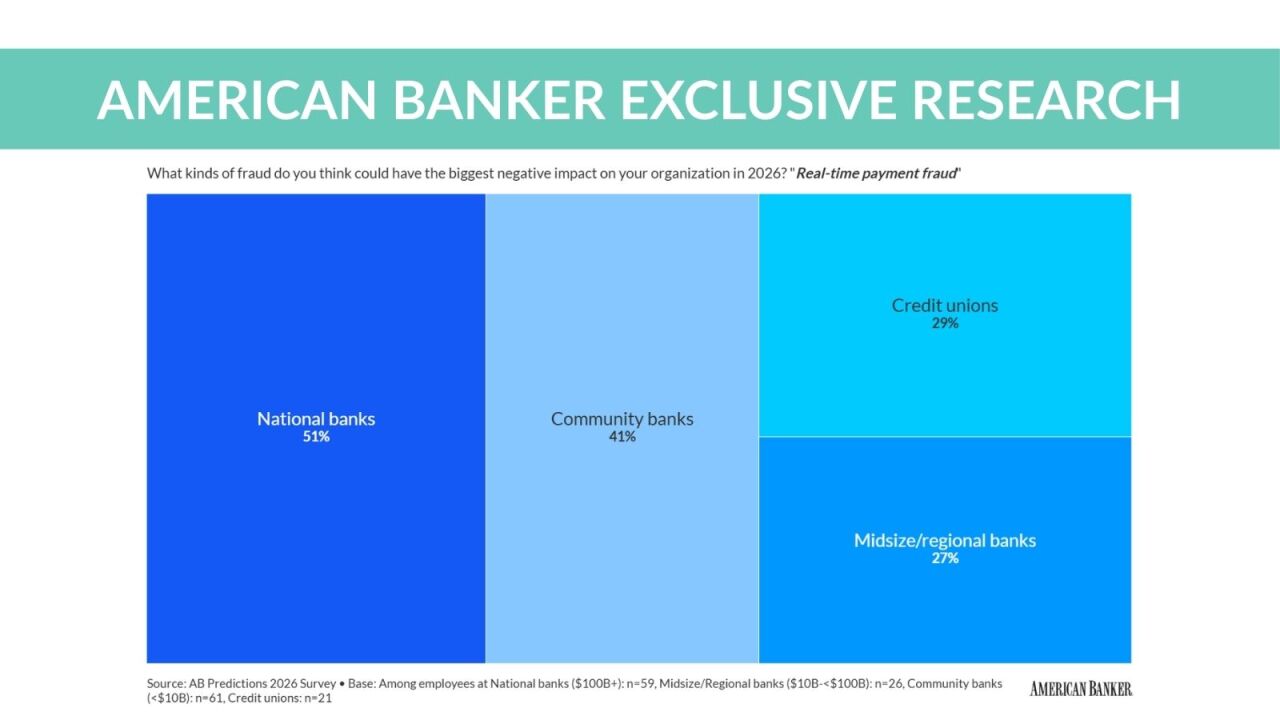Want unlimited access to top ideas and insights?
The coronavirus crisis is certain to leave a mark on bank supervision both in the way regulators conduct exams and the standards agencies set for how the industry serves customers.
The crisis has already supercharged existing trends in how bankers and examiners interface with each other. Before, examination work was split more or less evenly between personnel from the prudential regulators working physically inside banks, and off-site monitoring processes driven by the digital exchange of financial data.
When the pandemic began, that balance shifted within days to the regulators conducting basically all of their exam work remotely. In-person meetings with CEOs and bank boards gave way to online meetings.

Technological innovations enabling examiners to monitor the status of loan books, liquidity sources and consumer compliance from afar have emerged in recent years to make the supervisory process more efficient. But this past spring, they became critical.
Observers say the crisis could accelerate a drive toward a more sophisticated supervision process driven by data and digital know-how. That would force regulators not only to improve their technological capability, but also to lean on smaller community banks to upgrade outdated communication and recordkeeping systems.
“If we can do that in an emergency and build on it, we can look back on this as the moment when we started to put the whole system on a smarter path that serves everyone,” said Jo Ann Barefoot, CEO and co-founder of the Alliance for Innovative Regulation.
Others said that if the downturn resulting from the pandemic worsens, bank supervision efforts may become more focused on whether financial institutions are looking out for the economic health of their customers. As recent protests have highlighted, income inequality is a significant problem in this country, and it’s not hard to imagine future exams grading banks on their efforts to close the wealth gap.
See more:
“Examiners are already thinking a lot about the safety and soundness of the institution, and how a bank’s safety and soundness will affect customers,” said Kelly Thompson Cochran, deputy director of FinRegLab and a former official at the Consumer Financial Protection Bureau. “But with a big downturn, if we start to rethink examinations in terms of
Rather than financial stability, policymakers may introduce a new focus on “individual stability,” Cochran added. “How we measure that will determine what banks’ roles would be in supporting it,” she said.
This shift too may compel regulators to focus more on banks’ technological capability. Some note that banks’ role in implementing federal programs responding to the coronavirus — such as the Paycheck Protection Program and the Treasury Department’s individual stimulus payments to U.S. households — has revealed cracks in how financial institutions administer relief programs.
“A lot of the emergency response — between PPP and the stimulus payments — exposed the ways in which banks were not at the technological forefront of what they’re doing,” said Julie A. Hill, a University of Alabama law professor. “While regulators in the past would have been hesitant to approve new tech that didn’t come from banks, they may now realize the weakness of doing things the same old way.”
The extent to which banks can serve as an intermediary may be a new factor in exams, or alternatively regulators may be more open to fintech companies with faster delivery systems.
“It’ll be good to have [fintechs] in the system, even if fintechs don’t love the regulatory burden,” Hill said. “But on the whole, this will push banks, with regulator backing, to implement more tech, more quickly.”
Yet others cautioned that regulatory reforms stemming from the pandemic will be limited in scope, since unlike the Great Depression of the 1930s and the more recent mortgage meltdown in 2008, this crisis was not caused by nor has it caused an emergency situation within the financial system.
“It’s highly unlikely that we’ll see more regulation in the financial system with a nonfinancial crisis,” said Mehrsa Baradaran, a law professor at the University of California, Irvine.





